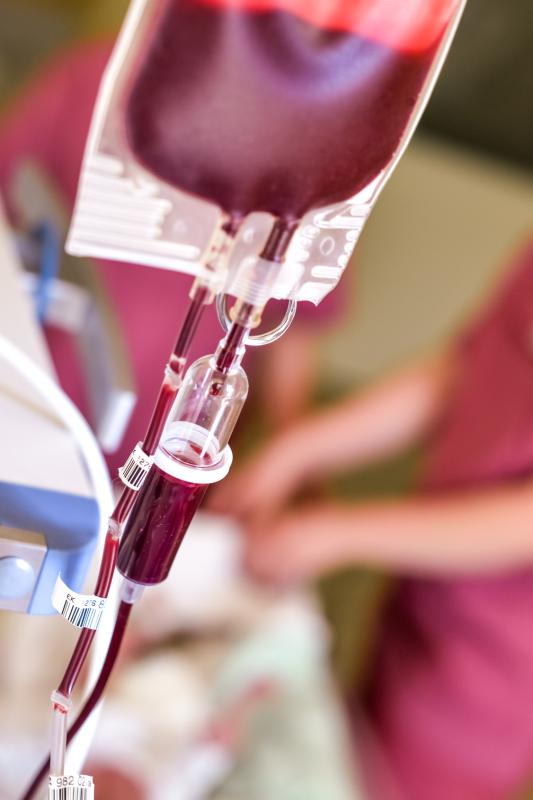
Inhibition of inflammation through the interleukin (IL)-1β/IL-6 pathway among anaemic patients leads to a decrease in anaemia incidence and an improvement in haemoglobin levels, reveals a recent study.
This exploratory analysis of a randomized controlled trial in clinical sites across 39 countries included 8,683 Canakinumab Anti-inflammatory Thrombosis Outcomes Study (CANTOS) participants without anaemia at trial entry and 1,303 with prevalent anaemia at trial entry. Patients were randomized to receive placebo or canakinumab (50, 150 or 300 mg) subcutaneously once every 3 months.
The primary outcome of incident anaemia (haemoglobin level <130 g/L in men or <120 g/L in women) increased with rising baseline levels of high-sensitivity C-reactive protein (hsCRP). Participants treated with canakinumab vs placebo showed decreased levels of hsCRP and IL-6.
Incident anaemia, during a median follow-up of 3.7 years, was significantly lower among participants without baseline anaemia who received canakinumab at any dosage compared with those who received placebo (hazard ratio, 0.84, 95 percent confidence interval, 0.77–0.93; p<0.001).
IL-1β inhibition was most beneficial on incident anaemia among participants with the strongest anti-inflammatory response as compared with placebo. Formal mediation analyses corroborated this effect.
Canakinumab vs placebo increased mean haemoglobin levels by 11.3 g/L (p<0.001) among individuals with baseline anaemia after 2 years of treatment. However, canakinumab was associated with an increased risk for infection and with mild cases of thrombocytopaenia and neutropaenia, none of which was grade ≥3.
“CANTOS was not designed to assess the cause of anaemia in individual trial participants,” the investigators noted.